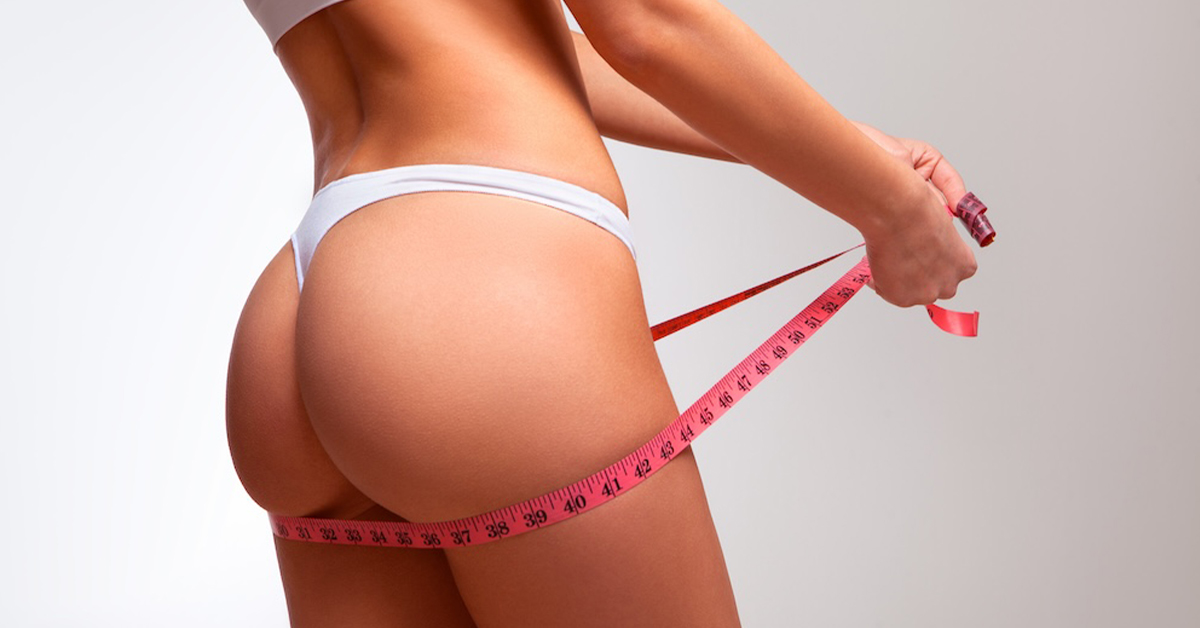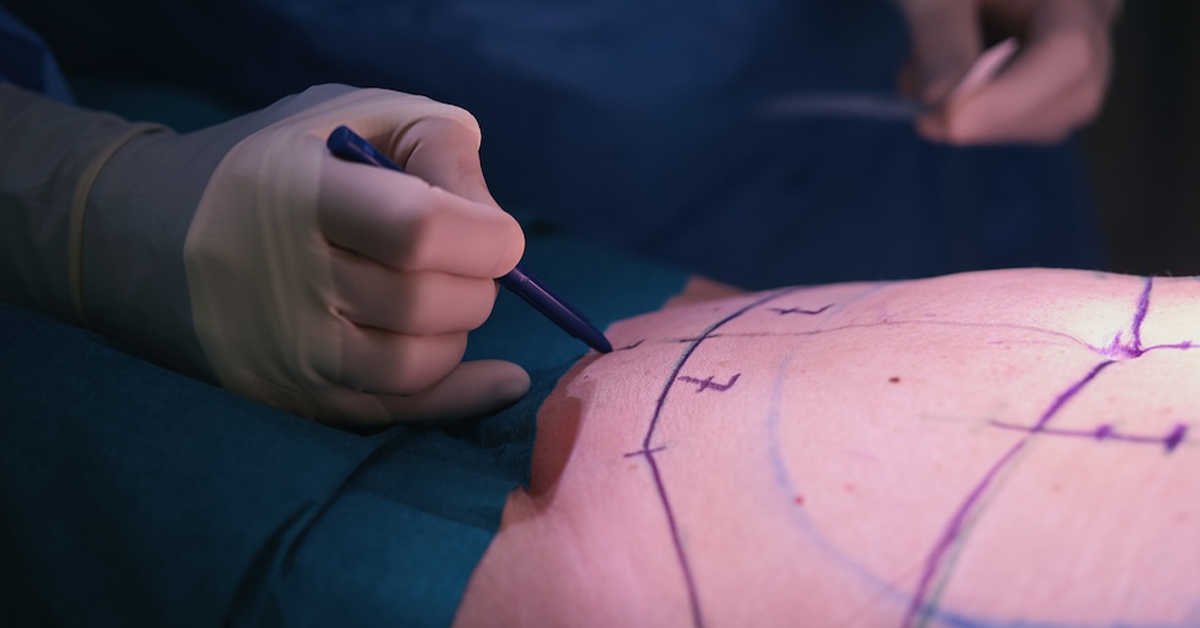What to Eat After Liposuction: A Comprehensive Guide
If you’re planning to undergo this procedure, it’s crucial to understand what to eat after Liposuction.
Liposuction involves the use of a suction device to remove excess fat from different parts of your body, including your thighs, abdomen, hips, and buttocks.
After the surgery, you’ll need to follow specific dietary guidelines to aid the recovery process and maximize the benefits of the procedure.
What you eat after Liposuction can significantly impact the healing process and the results of the surgery. Therefore, it’s crucial to follow the right diet to promote a speedy recovery and improve your overall health.
What to Eat After Liposuction
A healthy and balanced diet is critical for a speedy recovery after Lipo. After the surgery, your body needs all the necessary nutrients, vitamins, and minerals to repair damaged tissues and fight off infections. Here are some tips on what to eat after liposuction:
- Start with clear fluids: After Liposuction, it’s essential to stay hydrated to promote healing and flush out toxins. Start with clear fluids such as water, herbal tea, and broth. Avoid caffeinated and carbonated drinks, as they can cause dehydration and bloating.
- Eat small, frequent meals: Instead of eating large meals, eat small, frequent meals throughout the day to aid digestion and boost metabolism. This will help you maintain stable blood sugar levels and prevent overeating.
- Choose lean proteins: Include lean proteins such as fish, chicken, turkey, eggs, and low-fat dairy products in your diet. Proteins are essential for tissue repair and wound healing after surgery.
- Add fiber-rich foods: Fiber-rich foods such as fruits, vegetables, whole grains, and legumes can help promote digestion and prevent constipation.
- Incorporate healthy fats: Include healthy fats such as avocado, nuts, seeds, and olive oil in your diet. These fats can help reduce inflammation, improve heart health, and promote a healthy weight.
- Avoid processed foods: Processed foods are high in unhealthy fats, sugar, and salt, and can slow down the healing process. Instead, opt for whole, nutrient-dense foods that provide your body with the necessary nutrients to heal.
Foods to Avoid After Liposuction
In addition to knowing what to eat after Liposuction, it’s equally important to understand what to avoid. Here are some foods to avoid after liposuction:
- Fried and greasy foods: Fried and greasy foods are high in unhealthy fats and can cause digestive discomfort and bloating.
- Sugary foods and drinks: Sugary foods and drinks can cause inflammation, disrupt blood sugar levels, and slow down the healing process.
- Alcohol: Alcohol can interfere with the healing process and increase the risk of complications. Therefore, it’s crucial to avoid alcohol for at least two weeks after Lipo.
- Spicy foods: Spicy foods can irritate the digestive system and cause discomfort, especially if you’ve had Liposuction in your abdominal area.
Conclusion
In conclusion, a healthy and balanced diet is critical for a speedy recovery after Liposuction. You should focus on consuming clear fluids, lean proteins, fiber-rich foods, and healthy fats while avoiding processed foods, fried and greasy foods, sugary foods and drinks, and alcohol.
It’s also important to stay hydrated and follow your surgeon’s instructions regarding your diet to promote healing and improve your overall health.
Remember, what you eat after Liposuction can significantly impact the healing process and the results of the surgery. Therefore, it’s crucial to make the right food choices during the recovery period. If you have any concerns or questions regarding your diet after Liposuction, don’t hesitate to consult your surgeon.
Liposuction in Miami, FL
Liposuction is a surgical procedure that can help you attain the body shape you desire. If you are interested in learning more, call us now at (305) 406-9055 or schedule a consultation online Now.







